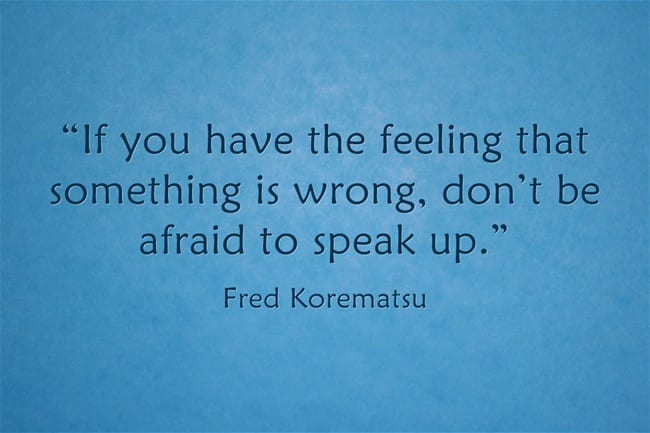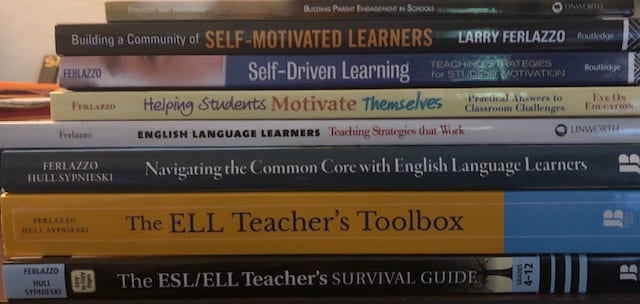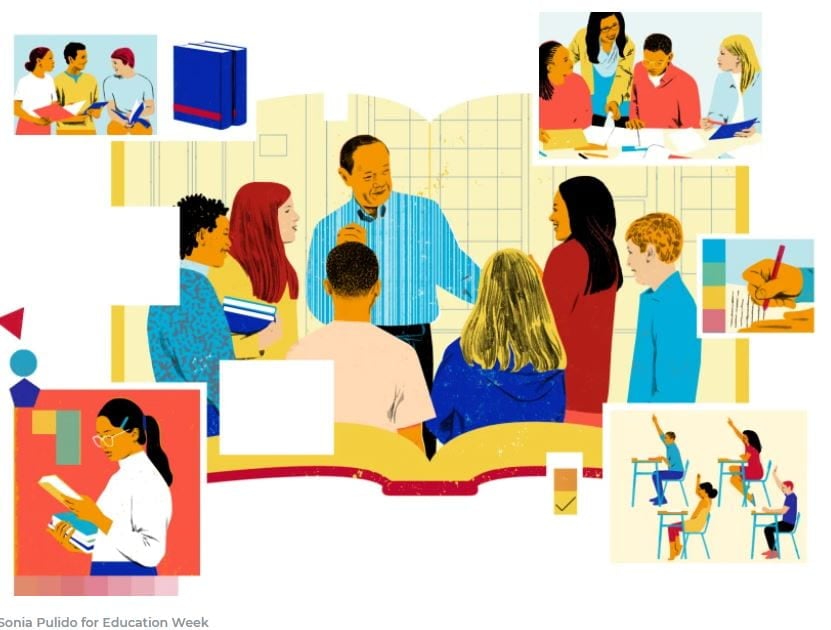Learning approaches are full of acronyms, and PBL holds the most comprehensive ownership over multiple approaches, representing personalized, place-based, project-based, profession-based, purpose-based, and phenomena-based. With the increasing emphasis on real-world learning to develop the technical and durable skills to prepare every student for success in their adult lives, we can layer some of these approaches in constructive and productive ways.
Place-based learning
Place-based education is the first formal education. Humans learn(ed) within the context of their lived experience. When we integrate learning into a context that is relevant for students, often connected to the place within which they live, we find increased engagement, outcomes, and impact. In the mid-1990s, place-based education re-emerged as a pedagogical term and now sits as an important approach for a number of schools, including Teton Science Schools’ Place Network. Place-based education also intersects with real-world learning and purposeful learning as students venture out into their communities — both physically and virtually — to learn through inquiry and solve challenges through design.
Project-based learning
Project-based learning sits alongside place-based learning as a critical part of the history of human education. Originally, all learning was based on projects. We learned in order to accomplish tasks that were critical for survival: find food, find shelter, etc. In the modern world, project-based learning plays a critical role in increasing engagement (students find well-designed projects more purposeful), outcomes (increasing evidence shows high-quality project-based learning leads to stronger outcomes), and workforce skills. We predict that in the age of AI and emerging AI Agents, all employees will be project managers, with AI Agents being the bulk of those being managed.
Profession-based learning
Coined by the CAPS Network, profession-based learning integrates real-world workplace experiences into the learning program (often at the secondary level). Profession-based learning includes a number of real-world experiences – work-based learning, internships, apprenticeships, service, entrepreneurship, client-connected projects, etc. An increasing focus on ensuring that every high school student has the knowledge AND the core, technical, and durable skills to find a meaningful and productive career has raised the profile of profession-based learning over the last five years. In addition to the CAPS Network, Cajon Valley’s World of Work program, Big Picture Learning internships, NAF Academies, and P-TECH schools are just some of the many programs that include some profession-based learning.
Bringing Together Place, Project and Profession
It can be confusing when a district tries to decide on a particular pedagogical approach. Combining place, project and profession-based learning in an intentional sequence is a great way to create a robust pedagogy.

Tapping into the innate curiosity of young people (research suggests that curiosity declines precipitously over the course of the years of formal schooling), we begin the sequence with a place-based learning approach. Integrating an exploration of place within the pre-kindergarten and elementary school years builds the foundation for wonder, awe, and curiosity leading to purpose and intent in later years. Using the six core principles of place-based education, elementary school teams can maintain curiosity and increase relevance by prompting students with contextualized learning connected to their communities.
By middle school, with a deep sense of connection to a place established, project-based learning and management skills can be honed. Developmentally, adolescents are primed for social interaction and develop strong opinions on the world around them. Providing core project-based learning skills of identifying problems to solve, clarifying driving questions, understanding outcomes, building project plans, reflecting, giving and receiving feedback, and sharing results are core technical skills that serve to strengthen the intellectual muscle for middle school students. Using project-based learning to build these project-management skills is a vehicle for supporting long-term professional success. In addition, formal evaluation and reflection on durable skills through projects develop these identified skill deficits prior to profession-based learning experiences in high school. Students continue to develop and expand their curiosity about local, regional, national and global places with the foundation built in elementary school. Exposure to possible careers comes through intentional and purposeful projects.
Finally, in high school, students begin to explore careers through profession-based learning. The connections and social capital built through elementary and middle school place and project-based learning provide a strong foundation for comprehensive career exploration in high school. This exploration is supported by frequent real-world learning experiences, internships, work-based learning, apprenticeships, entrepreneurial activities, service and client-connected projects. Students approach this exploration with a deep understanding of place, a tool kit of project-management skills, and more refined workplace competencies.
These three pedagogical stages need not be discrete. Opportunities for strong PBL and career exposure in elementary school exist. However, establishing the progression taps into the developmental stages of young people and ensures that the appropriate foundation exists for long-term successful readiness. Developing a comprehensive pedagogical approach around place, project, and profession within a K-12 district provides a needed runway to meet the goal of college and career readiness for every student.
The post Integrating Place, Projects, and Profession to Build Purpose and Competency appeared first on Getting Smart.
Integrate place, project, and profession-based learning for enhanced student engagement, purpose, and competency from K-12 education.
The post Integrating Place, Projects, and Profession to Build Purpose and Competency appeared first on Getting Smart. Future of Work, Project-Based World, Career & Technical Education, Place-Based Education, Project-Based Learning Getting Smart







